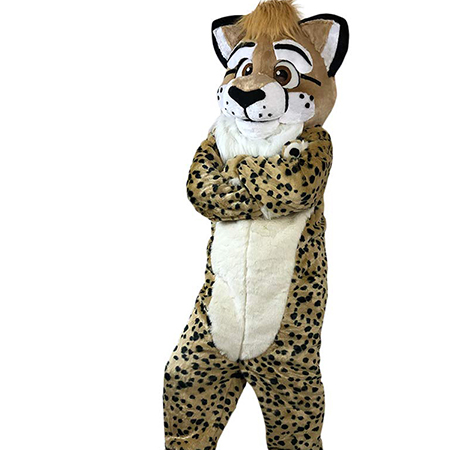Mascot costumes function vibrant symbols of sports activities groups, groups, and events, embodying the spirit and identification of the corporations they represent. whilst their number one purpose is entertainment and brand advertising, the production of mascot costumes raises several ethical considerations that warrant attention.
One sizable challenge in mascot costume production is the working situations of the individuals involved in making these costumes. Many mascot costumes are synthetic in countries with lax exertions guidelines, wherein people may face lengthy hours, low wages, and dangerous operating environments. making sure honest exertions practices and humane operating conditions is essential to keep away from exploiting those who create those iconic representations. this means that corporations should conduct thorough investigations in their supply chains to make sure compliance with ethical standards and guide factories that prioritize employee welfare.
any other vital ethical consideration is the environmental impact related to mascot dress production. The materials used to create those costumes, consisting of synthetic fabric and plastics, can make contributions to pollutants and waste if not managed responsibly. corporations have to try to use sustainable and substances, and put in force recycling packages for costumes which can be no longer in use. moreover, designing costumes with durability in mind can lessen the frequency of replacements, similarly minimizing the environmental footprint.
The cultural implications of mascot costumes also demand careful attention. some mascot designs would possibly inadvertently perpetuate dangerous stereotypes or cultural appropriation. It’s essential for creators and companies to be touchy to the cultural context and capacity impact of their mascot designs. engaging with diverse communities and searching for enter can assist mitigate this hazard, ensuring that mascots are respectful and inclusive in preference to offensive or disrespectful.
moreover, the life cycle of mascot costumes poses moral questions regarding sustainability. After an occasion or season, many costumes are discarded, contributing to landfill waste. implementing a circular financial system technique, wherein vintage costumes are repurposed or recycled, can deal with this trouble. organizations should take into account donating retired mascot costumes to faculties, network corporations, or other entities in which they are able to have a second existence.

ultimately, there’s the question of transparency and patron attention. clients buying mascot costumes have the right to recognise approximately the moral practices in the back of the goods they purchase. organizations ought to consequently undertake obvious regulations, imparting certain records approximately their sourcing, production approaches, and efforts in the direction of sustainability and moral hard work practices. This transparency now not handiest fosters agree with but additionally encourages purchasers to make knowledgeable choices.
In end, mascot gown production includes complicated ethical issues that extend past mere appearances. From honest hard work practices and environmental duty to cultural sensitivity and sustainability, each factor demands careful scrutiny and proactive measures. by way of addressing these moral problems head-on, organizations can ensure that their mascot costumes now not best entertain however also uphold values of integrity and appreciate.